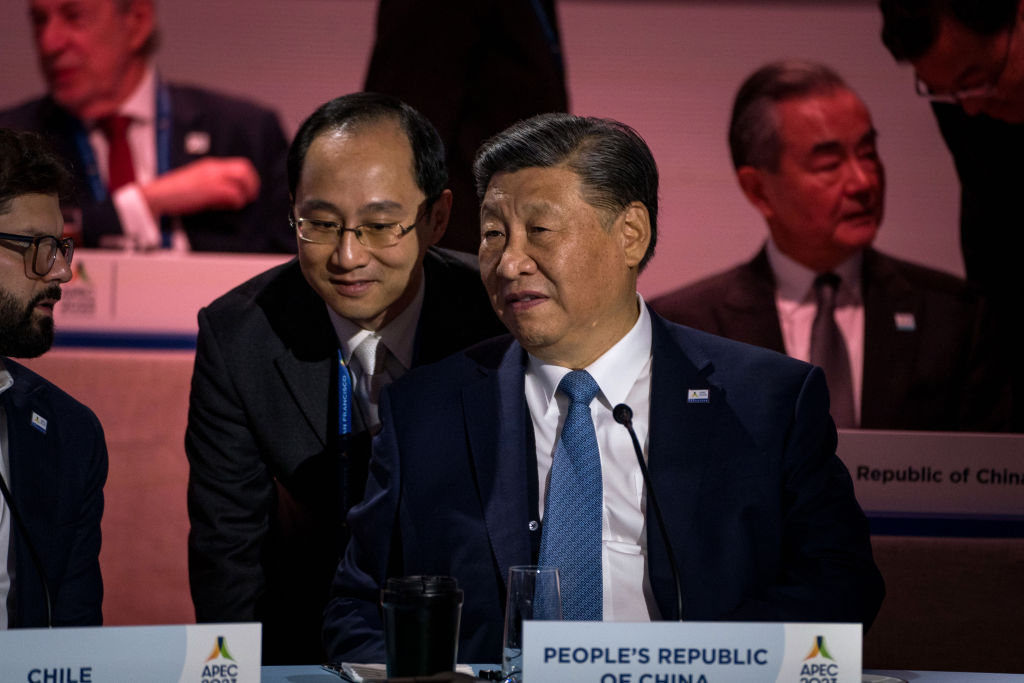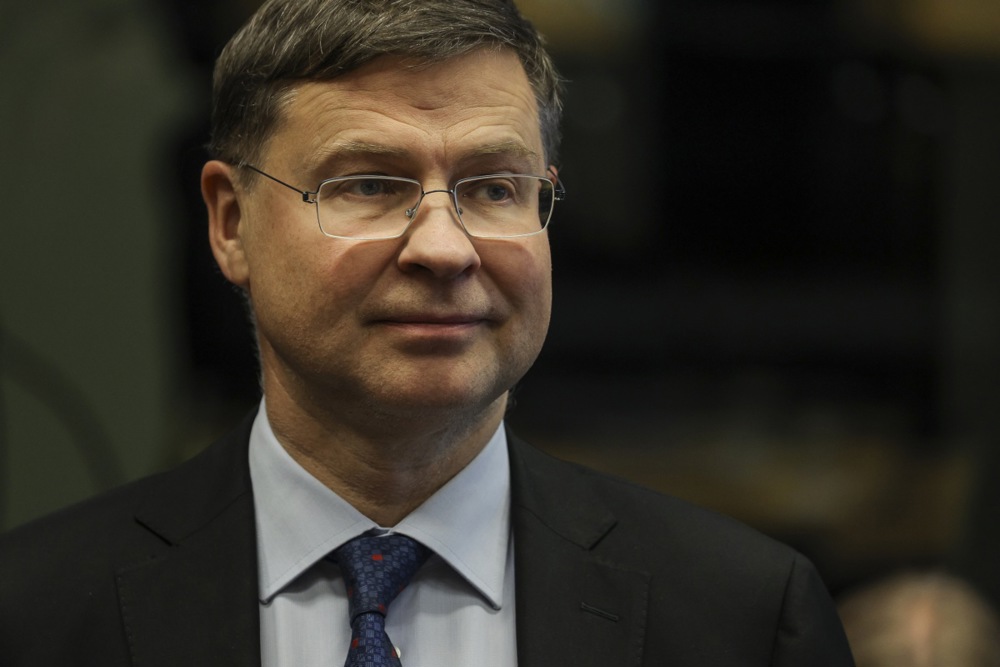China has launched an anti-dumping probe into European Union liquor products in another sign that trade relations between both are becoming increasingly bitter.
The move follows the launch of a series of investigations by the EU into alleged Chinese dumping practices.
On January 4, the Chinese Ministry of Commerce announced an anti-dumping investigation into spirits, specifically brandy.
China said it will investigate brandy products in containers holding less than 200 litres from the EU, without naming any companies.
The European Commission reacted rather icily, with its trade spokesman Olof Gill telling Brussels Signal: “The Chinese authorities have today initiated an anti-dumping investigation regarding imports of spirits (commonly known as brandy) products derived from distilled wines originating in the European Union.
“We are now assessing the documentation we have received and will intervene in the framework of the investigation, as appropriate, in close cooperation with the EU industry concerned.”
According to the Chinese Ministry of Commerce, the investigation is being held in response to an application from a domestic liquor association.
The move comes in the wake of European Commissioner Ursula von der Leyen’s State of the Union address in September when she said that the “global market is flooded with cheaper electric vehicles” the price of which “is kept artificially low” owing to “huge state subsidies”.
In October, an EC probe into imports of battery electric vehicles (EVs) from China followed a surge of EVs arriving from China.
In December, the EC also launched an anti-dumping investigation into Chinese biodiesel.
China imported $1.57 billion worth of spirits from distilled grape wine in 2023 to November, while exporting about $12.7 billion worth of EVs to the EU in the same period, according to Bloomberg.
Reuters reported that Pernod Ricard generates 10 per cent of its total group sales from China, with cognac representing more than half of the company’s sales in the Chinese market.
China had previously looked into foreign liquor imports when geopolitical tensions flared with Australia. That resulted in anti-dumping tariffs imposed on Australian wines in containers holding two litres or less for five years from March 2021.
Brussels Signal reached out to Spirits Europe, the organisation that represents the sector in Brussels, regarding the China move. The group declined to comment.
The industry has warned European leaders repeatedly about escalating trade wars with third countries as, it believes, Europe turns more protectionist.
With European liquor is regarded worldwide as being of high quality and is in high demand. Producers want more co-operation and in particular free trade agreements between the EU and global markets.
They see China as a huge market with enormous potential. Against that, the EU seems increasingly to view China as a potentially problematic competitor that may be looking to undermine its home-grown industry.
China has the biggest spirits market in the world and, in the past decade, EU exports grew by 76 per cent, for a total value oft €875 million in 2022, according to a Spirits Europe report.
Some 88 per cent of EU exports to China in that year consisted of grape-based spirits, with the overwhelming majority coming from France.
The news from China led to a sharp drop in share values for French spirit companies on January 4. At one point, Remy Cointreau lost almost 12 per cent and hit the lowest in five years, while Pernod Ricard dropped almost 5 per cent.
Update:
Some time after the publication of this article, Spirits Europe reached out to Brussels Signal with a reaction, stating,
“We have taken note of the opening of anti-dumping investigation in China directed at brandy imported from member states of the European Union.
“We are confident that our products and commercial practices fully comply with Chinese and international regulations.
“And we trust that the EU & China will find a constructive way to resolve any bilateral disputes, as has happened in the past over other matters.
“Technical cooperation between the EU & China in the spirit sector is both long-standing and excellent. This cooperation will be further strengthened in 2024, not least through the revived wine & spirits working group, and will contribute to the good level of dialogue between the EU and China”.





